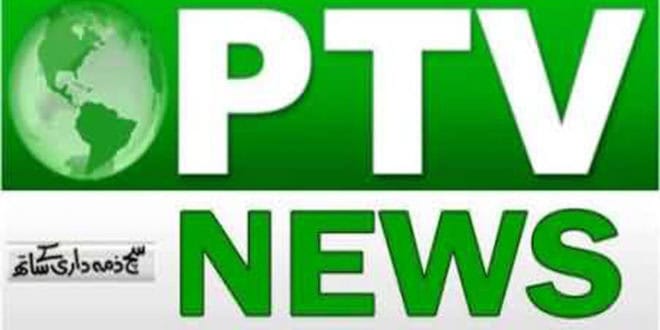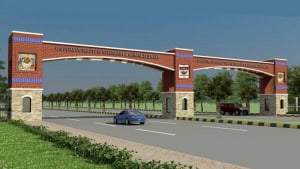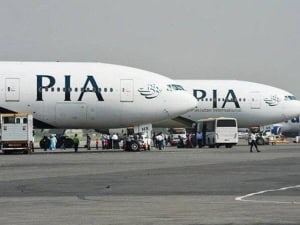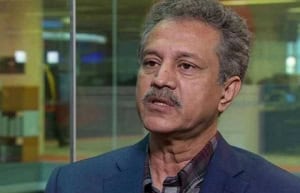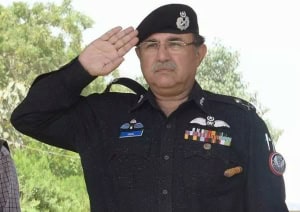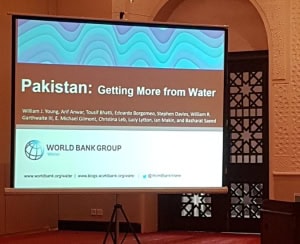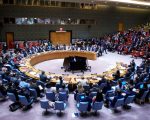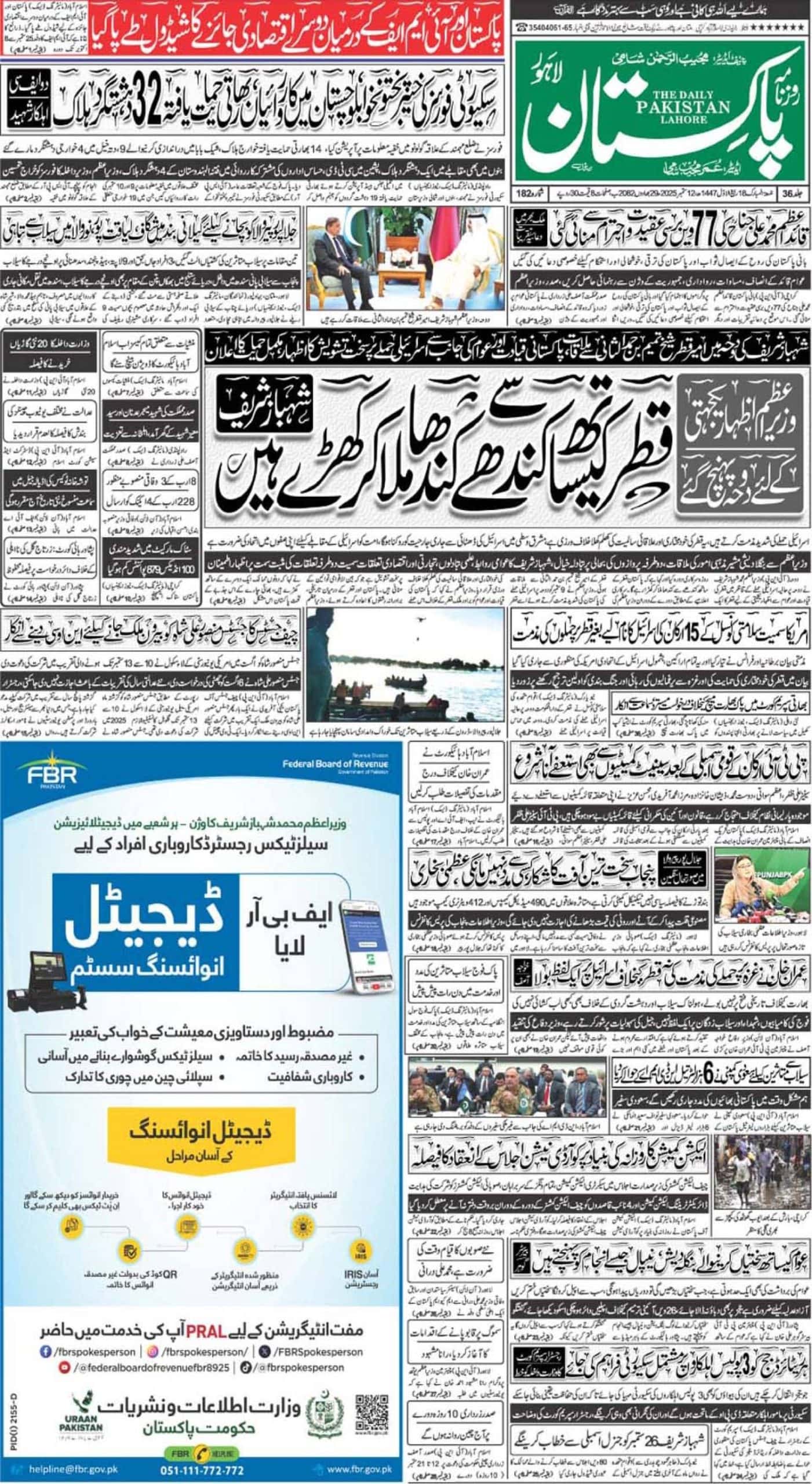ISLAMABAD – A marked changed is being witnessed in PTV news’ ‘Khabarnama’ following an end to political censorship by the new federal government, reports BBC Pushto Service.
After taking charge last month, Minister for Information and Broadcasting Fawad Chaudhry had announced ending political censorship from the state-run Television’s news bulletins.
The British Broadcasting contacted the PTV staff to get first-hand information about the veracity of government’s claims that whether the opposition parties are being given adequate coverage and their criticism on the government is being aired or otherwise.
A significant change has been witnessed in order to air news stories in PTV bulletins, after the abolishing of censorship by the federal government, a producer working in PTV Centre Peshawar told BBC while seeking anonymity.
Sharing details of the priority list of news stories, the producer said, earlier PTV used to air the news stories of Prime Minister, followed by President and federal ministers. Chief Minister’s activities were aired after the ministers.
Likewise, the news/activities of judges and Chief of Army Staff (COAS) were given prominent coverage.
According to PTV producer now the priority of airing news has changed altogether. In the priority of news stories aired last week, the news of Prime Minister was aired at serial no 20. In the same news
bulletin, the activities of opposition were aired prior to PM’s activities.
He said in past the criticism of sitting government was not made part of any news bulletins. But now the news stories criticizing the government are a regular feature of news bulletins. No matter opposition criticize the government or any other, member of the opposition, the news bulletin gives it adequate coverage.
A journalist working in PTV, Islamabad told BBC that they had been directed to ensure more coverage to opposition leaders on PTV news bulletins as compared to past.
He said such types of directions he had received for the first time in his four years long service. He said a new change is that PTV has also started covering social media’s trend, it was not allowed earlier.
When asked about any notification of changing editorial policy, he said in routine policy is conveyed verbally, which type of news stories should be aired and which are not. Following the lifting of restrictions, observers have started doing a critical analysis of PTV.
Jibran Imam, a journalist affiliated with Geo News, Karachi said earlier PTV was used to paint rosy picture only.
PTV had been following a conservative editorial policy regarding the coverage of opposition and criticism to the government. However, Jibran witnessed a significant change in this regard.
He said PTV has aired criticism which pointed fingers on the transparency of general elections. One more change is that PTV has started accommodating the analysts, having a rigid stance against certain institutions, in its programmes.
He said it is a big change that as some private TV channels do not dare inviting such rigid stance analysts in their programmes.
Jibran said airing criticism on government and granting PTV independence to criticize the government is two different things. The freedom limits of PTV’s criticism would be gauged in the coming days.
It may be mentioned here that after the end of censorship, the PTV had posted on its Twitter account the news of the use of Helicopter by Chief Minister Punjab. Many people had expressed views amid
astonishment.
In the same post, the issue of DPO Pakpattan and issue of CM, Punjab on social media was posted. The issue was not yet receded, but the news of meeting relatives by CM Punjab on state helicopter jolted everyone. Questions were also raised on getting protocol/ security in Mian Channu by Punjab CM.
A journalist Lihaz Ali while commenting on limits of criticism enjoyed by PTV, said such liberty was not expected from PTV. Another viewer Sangeen Alizada said PTV is the state-run institution, he felt today that PTV is a state-run institution; it is not owned by the government or any political party.
